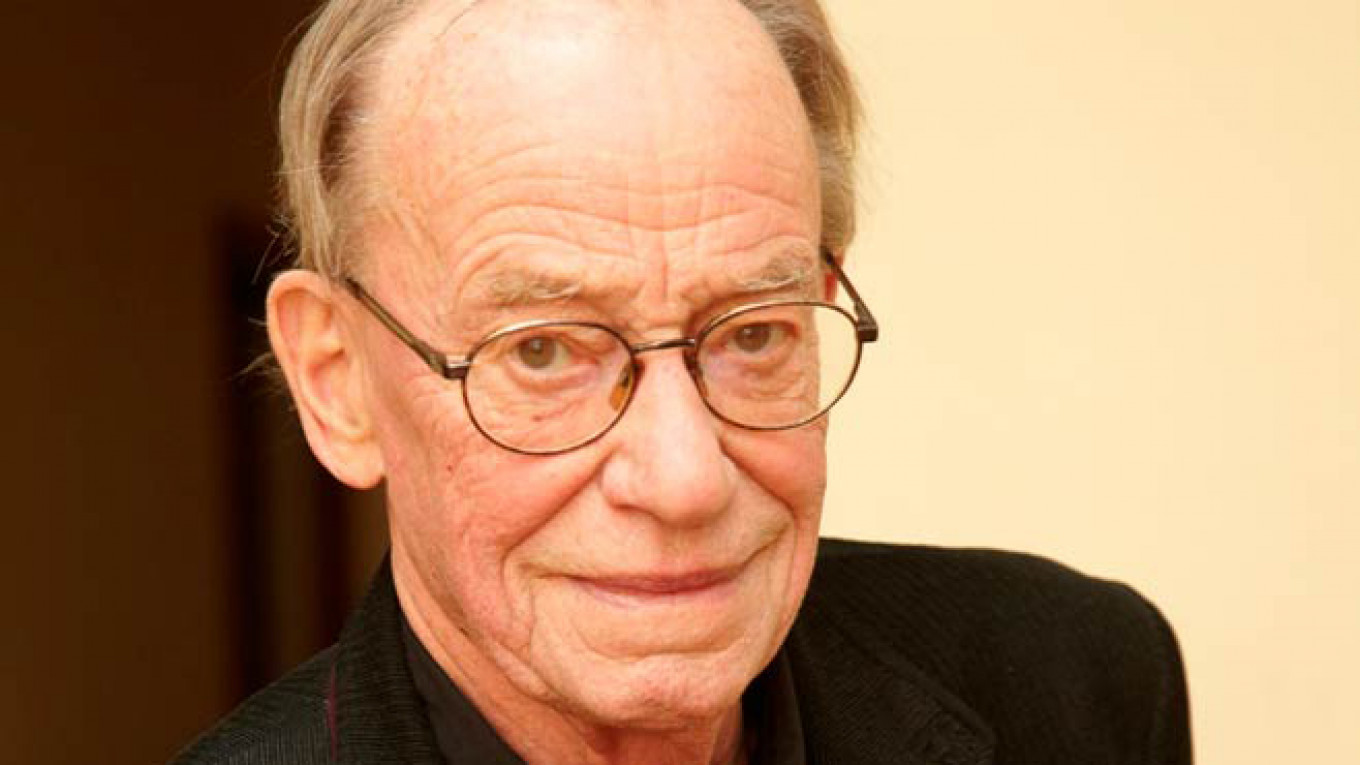Raymond Stults, longtime opera and ballet critic for The Moscow Times, recently celebrated the 20th anniversary of his first article in the paper. Stults looked back on the great changes he has seen in his time monitoring the Moscow arts scene.
Stults first started at The Moscow Times in 1994, at a time when he was commuting between Los Angeles and Moscow. A mutual friend introduced Stults to Meg Bortin, the first editor of The Moscow Times, and through her he met Derk Sauer, the newspaper's founder.
"I went into the office, spoke to Meg Bortin, and I said 'Why isn't there anything about classical music in the paper?'" Stults recalled. "She said, 'Well, we don't have anyone writing about that yet,' and I said 'Well, let me do it,' thinking I'd write one piece and be done with it."
Twenty years later, Stults is still writing regular columns for the paper on the Moscow classical music scene.
Stults' interest in classical music stems from his own background: He was educated as a musician and even had a brief stint in the chorus of the Washington Opera before deciding that a career as a musician was not for him, turning instead to law.
As a lawyer, Stults had the opportunity to travel extensively, living in Paris and London, and traveled to Russia for the first time while working for a Paris law firm in the 1970s. Several of Stults' clients were sponsors of the 1980 Moscow Olympic Games, and Stults had the onerous duty of trying to recover their investments after the Soviet invasion of Afghanistan led to a boycott of the Games.
Despite this brush with Soviet bureaucracy, Stults was nonetheless eager to return to Russia after the collapse of the Soviet Union, and began contributing to The Moscow Times more regularly as he began spending more time in Moscow in the '90s.
Stults said the cultural scene in Moscow has changed drastically since those days, adding that "back in the day, the press service at most of these theaters was very primitive, especially at the Bolshoi." These days, major theaters like the Bolshoi and Stanislavsky have more money than ever before, and the quality of performances continues to rise, Stults said. On the classical music scene, Stults feels that Moscow still has too many underwhelming orchestras, yet progress is being made.
Not all the change over Stults' 20 years at the paper has been positive — arts coverage at The Moscow Times has shrunk dramatically since the '90s, a trend that Stults hopes will reverse.
Contact the author at [email protected]
A Message from The Moscow Times:
Dear readers,
We are facing unprecedented challenges. Russia's Prosecutor General's Office has designated The Moscow Times as an "undesirable" organization, criminalizing our work and putting our staff at risk of prosecution. This follows our earlier unjust labeling as a "foreign agent."
These actions are direct attempts to silence independent journalism in Russia. The authorities claim our work "discredits the decisions of the Russian leadership." We see things differently: we strive to provide accurate, unbiased reporting on Russia.
We, the journalists of The Moscow Times, refuse to be silenced. But to continue our work, we need your help.
Your support, no matter how small, makes a world of difference. If you can, please support us monthly starting from just $2. It's quick to set up, and every contribution makes a significant impact.
By supporting The Moscow Times, you're defending open, independent journalism in the face of repression. Thank you for standing with us.
Remind me later.






